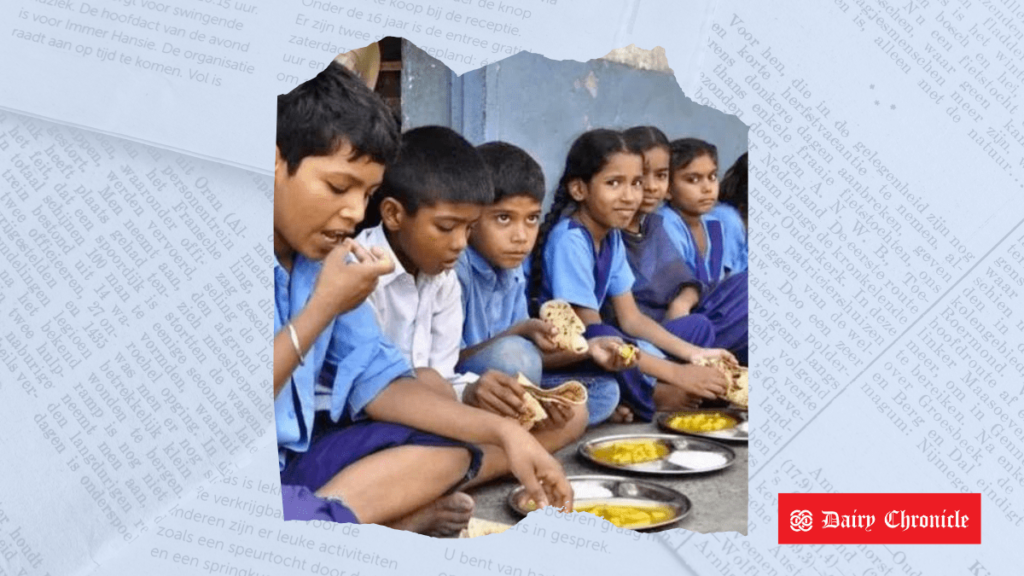The Rajasthan government is set to replace milk with millets in its school midday meal program, ending the Bal Gopal Yojana. State Education Minister Madan Dilawar cited issues with the previous milk distribution scheme and the impracticality of providing quality cow milk to all schools. The new policy aims to utilize Rajasthan’s surplus millet production, addressing both nutritional needs and local agricultural challenges. This move marks a significant shift in the state’s approach to school nutrition.
The Rajasthan government has announced a significant shift in its school midday meal program. The new BJP-led administration plans to replace milk with millets in the state’s school meals. This change marks the end of the Bal Gopal Yojana, a scheme originally introduced by former Chief Minister Vasundhara Raje and later modified by her successor Ashok Gehlot.
State Education Minister Justifies the Move
State Education Minister Madan Dilawar explained that the decision was made to address the limitations of the existing milk distribution scheme. According to Dilawar, not all students were benefiting from the program, which initially provided milk through the Rajasthan Cooperative Dairy Federation and later switched to powdered milk under the Bal Gopal Yojana. Dilawar cited issues such as students’ reluctance to consume powdered milk and the impracticality of supplying quality cow milk to all schools as reasons for the shift.
“There are a large number of school students in Rajasthan who do not want to drink powdered milk, and it is not feasible to provide quality cow milk to all schools, We are considering replacing milk with millets to ensure all students receive nutritious food.”
Madan Dilawar, State Education Minister
Impact on Local Agriculture and Procurement
Rajasthan, the largest producer of millets in India, faces political and logistical challenges related to millet procurement. The shift to millets in school meals is expected to address the problem of millet consumption and provide a new outlet for the state’s millet production. By integrating millets into school meals, the government aims to support local agriculture and better utilize procured coarse grains.
Future of the Midday Meal Program
The BJP government’s decision reflects a broader policy shift to enhance nutritional outcomes for schoolchildren while addressing logistical and agricultural challenges. The final details of the new scheme are still being worked out, and the state government promises to ensure that the transition will not negatively impact students’ health.



